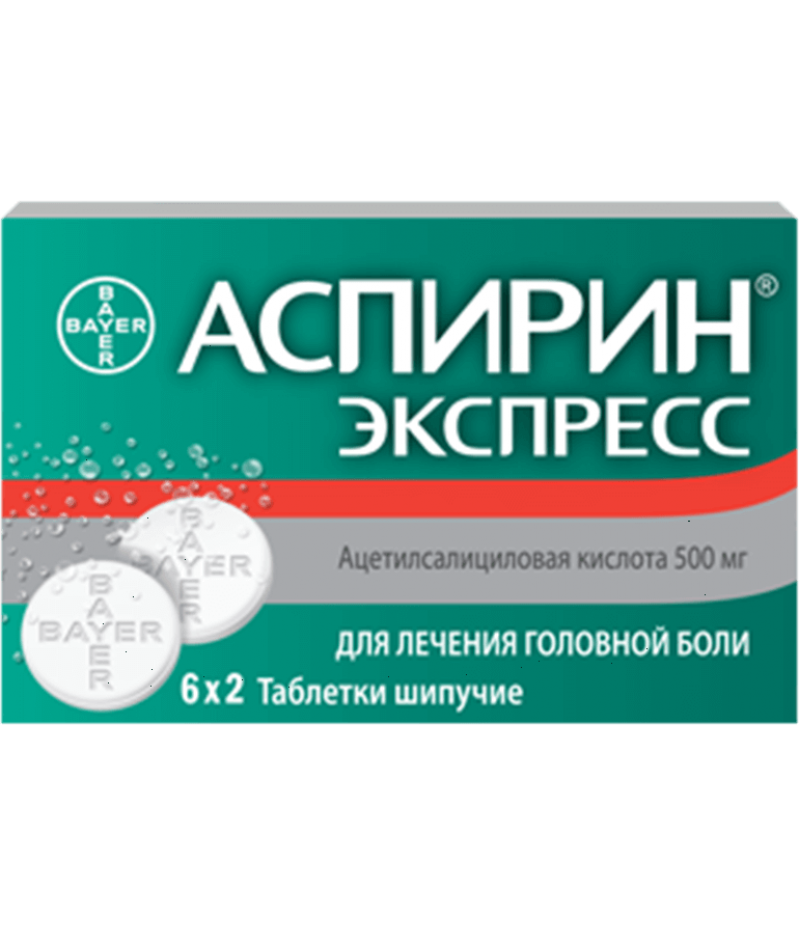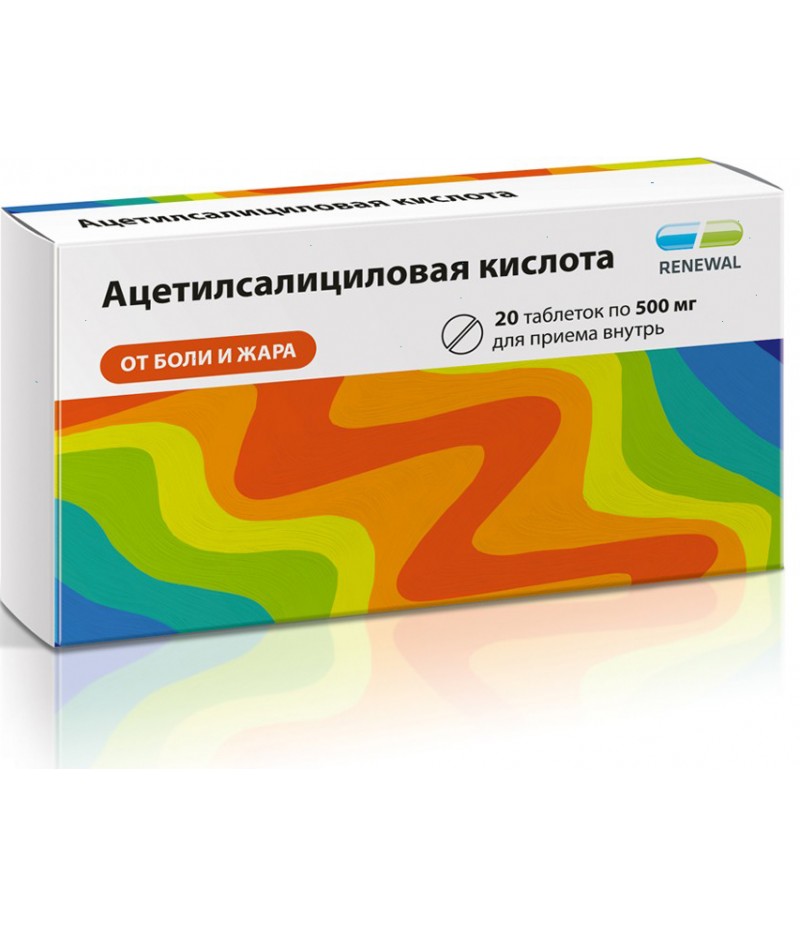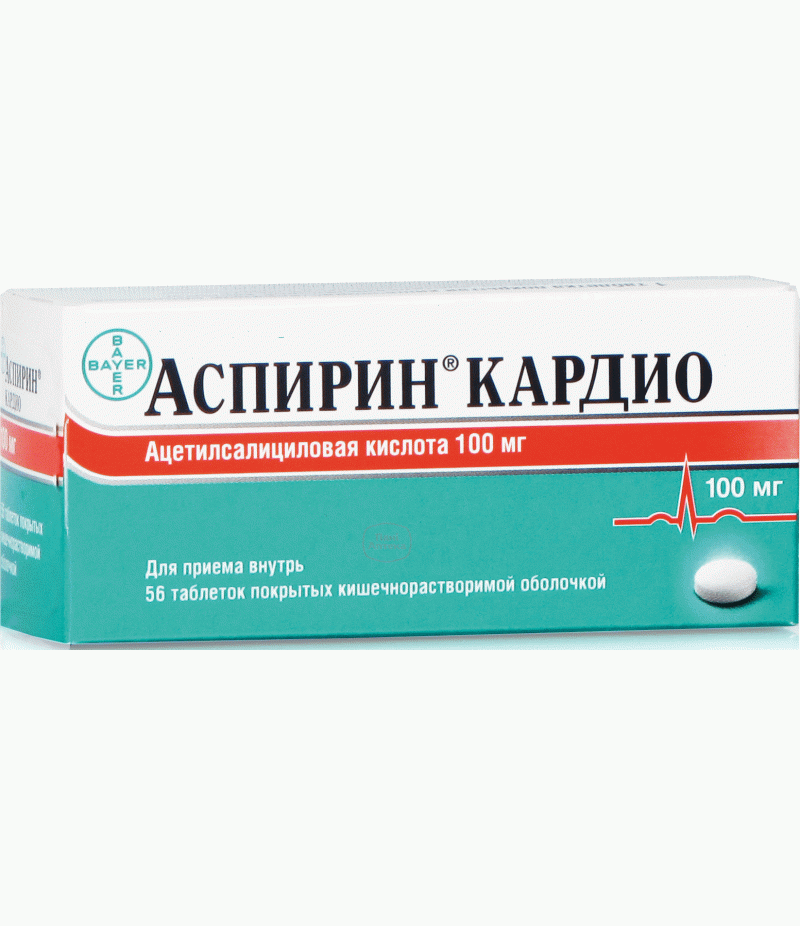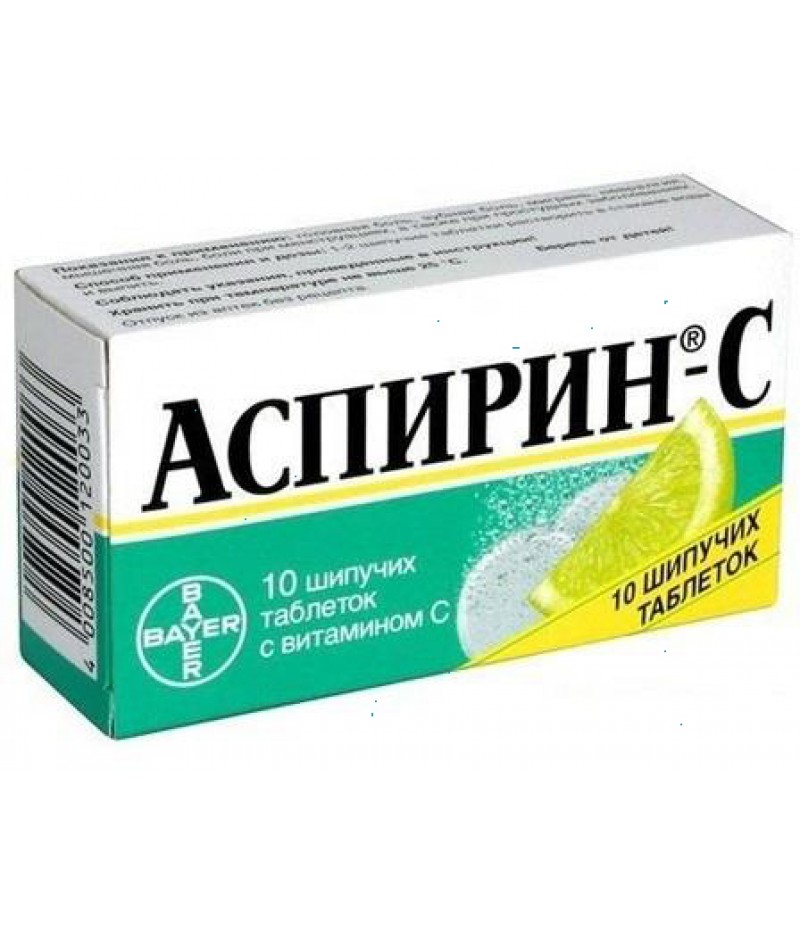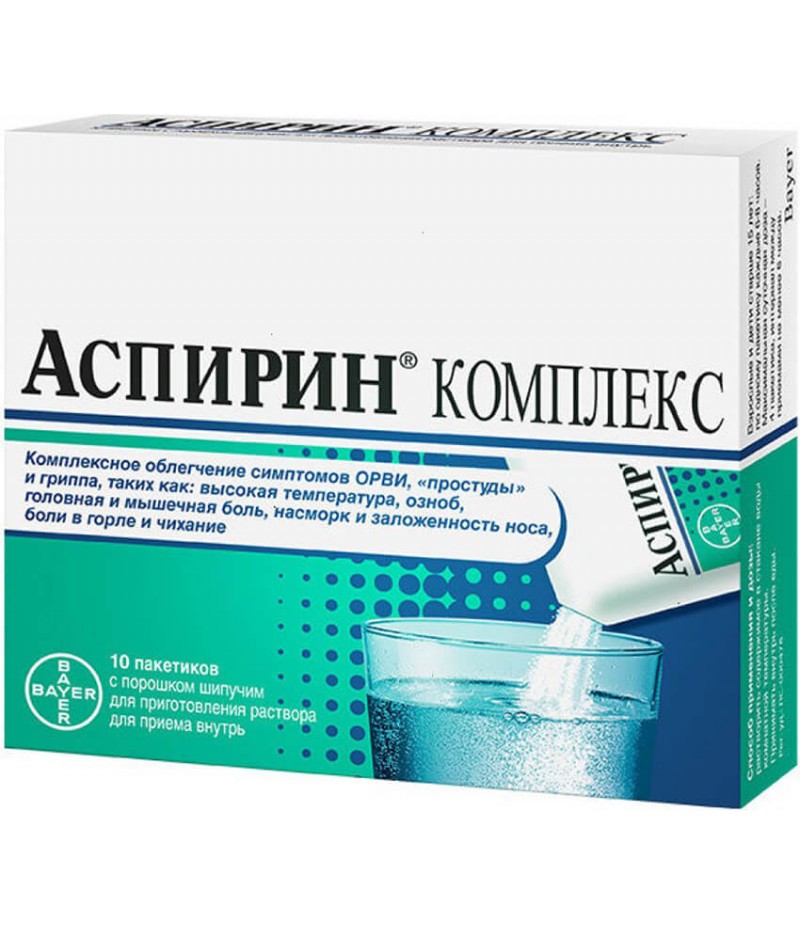Aspirin Express tabs 0.5gr #12
- $14.40
- 3 or more $14.19
- Availability:In Stock
Aspirin Express instruction for useReed more and buy Aspirin Express on this pageForm of issueEffervescent tablets are white, round, flat, oblique to the edge. On the one hand, engraving in the form of a brand name "Bayer" (cross)..
Tags: tabs
Aspirin Express instruction for use
Reed more and buy Aspirin Express on this page
Form of issue
Effervescent tablets are white, round, flat, oblique to the edge. On the one hand, engraving in the form of a brand name "Bayer" (cross).
Composition
1 effervescent tablet of Aspirin Express contains: active ingredient - acetylsalicylic acid (500 mg); auxiliary substances - sodium citrate anhydrous 1068 mg, sodium carbonate monosubstituted 1166 mg, citric acid anhydrous 212 mg, sodium carbonate anhydrous 254 mg.
Packaging
2 tablets per strip of paper, laminated with aluminum foil. For 6 and 12 strips together with instructions for use in cardboard pack.
Manufacturer
Bayer (Germany).
Pharmacological group
Non-narcotic analgesics / antiaggregants, non-steroidal anti-inflammatory drugs (NSAIDs), derivatives of salicylic acid.
pharmachologic effect of Aspirin Express
Acetylsalicylic acid (ASA) belongs to the group of non-steroidal
anti-inflammatory drugs (NSAIDs) and has analgesic,
antipyretic and anti-inflammatory effect.
The mechanism of action of Aspirin Express is irreversible inhibition of the enzyme
cyclooxygenase (COX), an enzyme regulating the synthesis of prostaglandins E2, E12 and thromboxane A2.
Pharmacokinetics
Absorption is high, after oral administration ASA is rapidly completely absorbed from the gastrointestinal tract. The maximum concentration of Cmax ASA for oral administration for the dosage form of the effervescent tablet is reached after 18 minutes, which is 2 times faster than standard tablets, Cmax of which is 30-45 minutes. AT
the absorption period and immediately after it ASA is converted to the main active metabolite, salicylic acid. Cmax of salicylic acid for the dosage form of the effervescent tablet reaches a maximum concentration in the blood plasma after 48 min, and Cmax of salicylic acid for standard tablets - after 1.5-2 hours.
About 80% of ASA and salicylic acid binds to plasma proteins and is quickly distributed into tissues. Salicylic acid is metabolized in the liver with the formation of metabolites - salicylurate, salicyl-phenol glucuronide, salicylacyl glucuronide, gentisin and gentisuric acids. Excreted in breast milk and
penetrates the placenta.
Elimination of salicylic acid is dose-dependent. The half-life period varies from 2-3 hours when Aspirin Express is taken in low doses up to about 15 hours when high doses are used. Salicylic acid and its metabolites are excreted mainly by the kidneys.
Indications
For symptomatic treatment of headache, toothache, sore throat, menstrual pain, back pain, muscles and joints, mild pain in arthritis. Elevated body temperature for colds and other infectious and inflammatory diseases.
Contraindications for Aspirin Express
Ulcerative lesion of the gastrointestinal tract.
Hemorrhagic diathesis.
Hypersensitivity to ASA, other salicylates or any excipients of the drug.
Bronchial asthma induced by the intake of salicylates and NSAIDs.
Combined use with methotrexate at a dose of 15 mg per week.
Severe renal insufficiency.
Severe hepatic insufficiency.
Severe heart failure in decompensation.
First and third trimester of pregnancy and lactation.
Aspirin Express is not prescribed for children under 15 years of age with acute respiratory infections caused by viral infections, because of the risk of developing Reye syndrome (encephalopathy and acute fatty liver disease with acute development of liver failure).
Carefully:
Concomitant treatment with anticoagulants; presence in the anamnesis: ulcers of the gastrointestinal tract, including chronic or recurrent peptic ulcer, as well as gastrointestinal bleeding, allergic reactions to NSAIDs and other drugs, bronchial asthma, hay fever, nasal polyposis, chronic respiratory diseases; impaired renal and hepatic function; gout; hyperuricemia; II trimester of pregnancy.
Dosing and Administration
Adults and children over 15 years of age should be taken orally after meals, before dissolving in a glass of water.
With a painful syndrome of mild and moderate intensity and fever, a single dose is 1000 mg (corresponding to 2 effervescent tablets of Aspirin Express).
The maximum single dose is 1000 mg. Intervals between doses of the drug should be at least 4 hours. The maximum daily dose should not exceed 3 g (6 tablets).
The duration of treatment with aspirin (without consulting a doctor) should not exceed 7 days when prescribed as an anesthetic and more than 3 days - as an antipyretic.
Side effects of Aspirin Express
Gastrointestinal tract: abdominal pain; nausea; vomiting; heartburn; gastrointestinal bleeding, including latent, leading to the development of iron deficiency anemia; stomach ulcers and duodenal ulcers (including perforating); increased activity of hepatic transaminases.
The central nervous system and sensory organs: dizziness, tinnitus, impaired hearing, headache (usually are signs of an overdose).
The system of hematopoiesis: lengthening the time of bleeding with the development of bleeding of various localization (nasal, gum, haemorrhagic purpura, etc.).
Allergic reactions: anaphylactic reactions, bronchial asthma, Quincke's edema, hives and other allergic skin reactions.
Overdose with Aspirin Express
Overdose should be feared in elderly patients and in young children, for whom it can be fatal.
Symptoms. For an overdose of a moderate degree, noise in the ears, a sense of hearing loss, headache, dizziness, and retardation are characteristic. Symptoms can be controlled by lowering the dose of Aspirin Express.
Overdose of severe degree is characterized by fever, hyperventilation, ketosis, respiratory alkalosis, metabolic acidosis, coma, cardiovascular shock, respiratory failure, severe hypoglycemia.
Emergency measures. Urgent hospitalization in a specialized office for emergency
therapy - gastric lavage, the appointment of activated charcoal, the determination of acid-base balance, alkaline diuresis to obtain pH values of urine within 7.5-8, forced alkaline diuresis, when the concentration of salicylates in the blood is more than 500 mg / l
(3.6 mmol / l) in adults and 300 mg / l (2.2 mmol / L) in children, compensation for fluid loss, symptomatic treatment.
With severe poisoning, hemodialysis is possible.
Aspirin Express Interactions
Combination with methotrexate in a dose> 15 mg per week is contraindicated.
Combinations of drugs that are used with caution:
Methotrexate in a dose of less than 15 mg / week: with simultaneous use of drugs, the hematological toxicity of methotrexate is increased because NSAIDs generally reduce the renal clearance of methotrexate, and salicylates in particular displace it from the bond with plasma proteins.
Anticoagulants (coumarin, heparin): with the simultaneous administration of ASA and indirect aticoagulants, the risk of bleeding increases through the suppression of platelet function, damage to the mucous membrane of the stomach and duodenum and the displacement of oral anticoagulants from their association with plasma proteins.
Other NSAIDs with salicylates in high doses (≥ 3 g / day): with the simultaneous use of drugs due to the effect of synergy, the risk of ulceration of the gastrointestinal mucosa and bleeding increases.
Urikozuric drugs (benzbromarone, probenecid): the therapeutic effect of uricosuric drugs is reduced due to competitive tubular elimination of uric acid.
Digoxin: with the simultaneous use of drugs, the concentration of digoxin in the plasma increases due to a decrease in its excretion.
Antidiabetic drugs (insulin, sulfonylureas): the hypoglycemic effect is increased due to the fact that ASA in high dose has hypoglycemic properties and displaces sulfonylurea from the connection with plasma proteins.
Thrombolytics / antiplatelet drugs of other classes (ticlopidine): increased risk of bleeding.
Diuretics in combination with ASA at a dose of 3 g / day or more: glomerular filtration decreases, due to a reduction in the synthesis of prostaglandins in the kidneys.
Systemic glucocorticosteroids (SCS), except hydrocortisone (used to treat Addison's disease): with simultaneous use of drugs, the concentration of salicylates in the blood decreases, as the GCS enhances the elimination of salicylates.
Angiotensin converting enzyme (ACE) inhibitors: with the simultaneous use of ACE inhibitors and ASA at a dose of 3 g / day or more, the hypotensive effect of ACE inhibitors is reduced, due to a decrease in glomerular filtration.
Valproic acid: ASA disrupts the binding of valproic acid to plasma proteins, resulting in increased toxicity.
Alcohol: when combined with ASA, the damaging effect on the mucous membrane of the gastrointestinal tract increases and the bleeding time is prolonged.
Pregnancy and lactemia
In the I and III trimesters of pregnancy, the use of all drugs containing ASA is contraindicated.
In II trimester of pregnancy, ASA can be administered occasionally. As a long-term therapy not to use.
Salicylates and their metabolites penetrate into breast milk in small amounts. When breastfeeding a child, the use of drugs containing ASA is contraindicated.
special instructions
Children should not be prescribed drugs containing acetylsalicylic acid, because in the case of a viral infection, the risk of developing Reye syndrome increases. Symptoms of Reye's syndrome include prolonged vomiting, acute encephalopathy, and enlargement of the liver.
ASA can provoke the development of bronchospasm and cause an attack of bronchial asthma or other allergic reactions. Risk factors are the patient's history of bronchial asthma, hay fever, nasal polyposis, chronic respiratory diseases, and allergic reactions to other drugs (eg, itching, urticaria, other skin reactions).
The ability of ASA to inhibit platelet aggregation can lead to increased bleeding during and after surgery (including minor surgical interventions, such as tooth extraction). The risk of bleeding increases with the use of ASA in a high dose. The haemorrhagic effect of ASA persists for 4-8 days after its withdrawal.
In low doses, ASA reduces uric acid excretion, which can cause gout in patients with an initially low level of excretion.
Long-term use of analgesics can lead to the formation of a headache of addiction, which occurs during the withdrawal of analgesics.
The usual use of analgesics (especially combinations of various analgesics) can lead to the development of severe kidney damage - analgesic nephropathy.
In 1 dose of Aspirin Express contains 1086 mg of sodium, which should be borne in mind when using Aspirin Express in patients on a diet that requires the restriction of salt intake.
Storage conditions
In a dry place inaccessible to children, at a temperature not exceeding 25 ° C. Shelf life - 3 years.
Terms of sell
To buy Aspirin Express you don't need a prescription.

